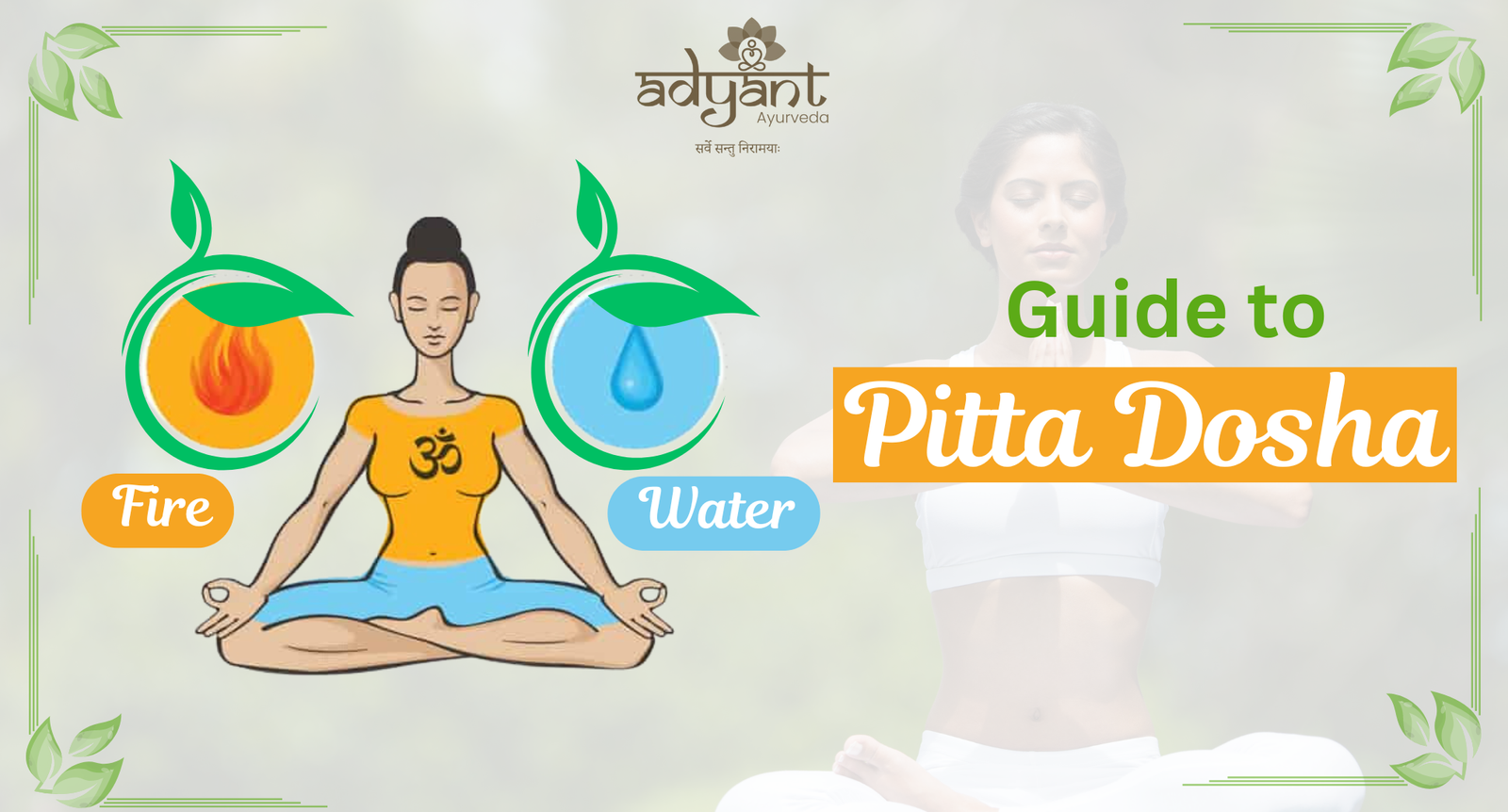Table of Contents
Toggle
Ayurvedic Treatment for Myositis: If you are feeling constant muscle pain and swelling for no obvious reason then you may have Myositis. Myositis is a rare autoimmune condition characterized by chronic inflammation of the muscles, leading to muscle weakness, pain, and fatigue. It can be due to a side effect of medicine or medication and duet to an infection.
In Myositis, immune systom of your body attacks on your muscles and make it weaken. You will not be able to move your muscles.
While modern medicine primarily focuses on immunosuppressive therapies, Ayurveda offers a natural and sustainable approach to managing myositis by addressing its root causes.
At Adyant Ayurveda, Bangalore’s premier Ayurvedic clinic, we emphasize personalized care that blends ancient wisdom with modern needs to provide relief and long-term well-being for individuals with myositis.
Adyant Ayurveda is the proud recipient of the National Ayush Health Award by Ayush TV and the Excellence in Panchakarma Award by the Times of India, reinforcing its commitment to authentic and effective Ayurvedic care.
For free consultation with top ayurvedic doctors, download our app from play store “AyurCare“
What Causes Myositis?
From an Ayurvedic perspective, myositis can be understood as an imbalance of the Doshas, primarily Vata and Pitta. When these Doshas become aggravated, they disrupt the body’s natural harmony, leading to inflammation and degeneration of muscle tissues. Factors such as poor diet, stress, lack of physical activity, or autoimmune tendencies contribute to this imbalance.
Before knowing the Ayurvedic treatment for Myositis, we should know the causes of it. Here we have listed some causes on Myositis:
- Autoimmune Reactions
- Infections
- Medications and Toxins
- Genetic Predisposition
- Stress and Lifestyle Factors
- Imbalanced Doshas
Learn more about Vata Dosha: The Controler of your Flexibility
Sign’s and Symptoms of Myositis
Common symptoms of myositis include:
- Persistent muscle weakness, especially in the shoulders and thighs.
- Difficulty performing everyday activities like climbing stairs or lifting objects.
- Muscle pain or tenderness.
- Fatigue and difficulty swallowing (in severe cases).
- Skin rashes (specific to dermatomyositis).
Types of Myositis
Myositis encompasses several distinct types, including:
- Polymyositis: A condition that primarily affects muscles closest to the trunk, such as the hips and shoulders, causing weakness and difficulty in movement.
- Dermatomyositis: Characterized by muscle weakness accompanied by a distinctive skin rash, often on the face, chest, or hands.
- Inclusion Body Myositis: A progressive condition that leads to muscle weakness and atrophy, particularly in the arms and legs, and is more common in older adults.
- Juvenile Myositis: A rare type affecting children, often presenting with muscle weakness and skin changes.
- Toxic Myositis: Triggered by certain medications, infections, or substances, leading to muscle inflammation.
Ayurvedic Treatment for Myositis
Ayurveda views myositis not merely as a physical ailment but as a manifestation of deeper imbalances in the body and mind. The Ayurvedic Treatment for Myositis focuses on three key aspects:
1. Detoxification (Shodhana)
Panchakarma therapies like Virechana (therapeutic purgation) and Basti (medicated enemas) are highly effective in eliminating toxins (Ama) and restoring Dosha balance. These therapies help reduce inflammation and rejuvenate muscle tissues.
2. Herbal Remedies Used in Ayurvedic Treatment for Myositis
Specific Ayurvedic herbs are beneficial in Ayurvedic Treatment for Myositis:
- Ashwagandha (Withania somnifera): Known for its adaptogenic and anti-inflammatory properties, it strengthens muscles and boosts immunity.
- Guduchi (Tinospora cordifolia): A powerful herb to reduce inflammation and detoxify the system.
- Shatavari (Asparagus racemosus): Enhances muscle strength and vitality.
- Guggulu ( Commiphora mukul): Helps in reducing swelling and promoting tissue regeneration.
3. Customized Diet and Lifestyle (Ahara and Vihara)
A sattvic (pure) diet rich in anti-inflammatory foods like turmeric, ginger, green leafy vegetables, and whole grains is recommended. Avoiding processed foods, caffeine, and alcohol helps prevent aggravation of symptoms. Additionally, practicing mindfulness, yoga, and meditation can significantly reduce stress, a known trigger for autoimmune conditions.
Precautions and Considerations for Ayurvedic Treatment for Myositis
While Ayurveda provides a holistic and effective approach to managing myositis, certain precautions must be observed to ensure optimal outcomes:
- Consult a Qualified Practitioner: Always seek treatment from an experienced Ayurvedic doctor who can accurately diagnose your condition and recommend suitable therapies and herbs.
- Avoid Self-Medication: Herbal remedies should only be taken under supervision, as incorrect dosages or combinations can lead to side effects or worsen symptoms.
- Follow Dietary Guidelines: Ayurvedic Treatment for Myositis includes healthy diet. Adhering to the recommended diet is crucial for balancing Doshas and promoting healing. Avoiding foods that aggravate Vata and Pitta, such as spicy, fried, and processed items, is essential.
- Pace Physical Activity: Gentle exercises and yoga are encouraged, but strenuous activities that strain the muscles should be avoided.
- Monitor Symptoms: Regular follow-ups with your Ayurvedic doctor help track progress and adjust treatments as necessary.
- Combine Ayurveda with Necessary Allopathic Care: In severe cases, Ayurvedic treatments can be used alongside conventional medicine to ensure comprehensive care.
- Stress Management: Engage in mindfulness practices, meditation, and relaxation techniques to reduce stress, which can exacerbate autoimmune conditions.
Read more about Ayurvedic Treatment for Stress and Anxiety
Why Choose Adyant Ayurveda for Myositis Ayurvedic Treatment?
Located in the heart of Bangalore, Adyant Ayurveda is a trusted name for holistic and effective treatments for chronic conditions like myositis. Our expert practitioners blend the wisdom of Ayurveda with evidence-based practices to ensure that every individual receives personalized care. With state-of-the-art facilities and a commitment to authentic healing, we stand as a beacon of hope for those seeking natural and sustainable relief.
Our accolades, including the Ayush Health Award by Ayush TV and the Excellence in Panchakarma Award by the Times of India, highlight our dedication to excellence and innovation in Ayurvedic care.
Conclusion
Myositis can be challenging, but with the right approach, it is possible to manage its symptoms and lead a fulfilling life. Ayurvedic Treatment for Myositis offers a time-tested, holistic methodology to not just alleviate the symptoms but address the root causes of the disease. At Adyant Ayurveda, we are dedicated to guiding you on this path to recovery with care and compassion.
Take the first step towards better health today. Visit Adyant Ayurveda and discover the power of natural healing for myositis.
FAQs Related About Ayurvedic Treatment for Myositis
Q1: Can Ayurveda cure myositis completely?
Ayurveda focuses on managing symptoms, reducing inflammation, and improving overall well-being. While it may not offer a complete cure, it can significantly enhance quality of life and slow disease progression.
Q2: How long does Ayurvedic treatment for myositis take?
The duration of treatment varies based on the severity of the condition and the individual’s response to therapies. Regular consultations and adherence to prescribed regimens are essential.
Q3: Are there any side effects of Ayurvedic treatments for myositis?
When administered under the guidance of a qualified practitioner, Ayurvedic treatments are generally safe and free from side effects. However, self-medication or unsupervised use of herbs can be harmful.
Q4: Can Ayurvedic treatments be combined with allopathic medicine?
Yes, Ayurvedic treatments can complement allopathic medicine to provide holistic care. Always inform your healthcare providers about all treatments you are undergoing to avoid interactions.
Q5: What lifestyle changes are necessary during Ayurvedic treatment?
A sattvic diet, regular yoga practice, stress management techniques, and avoiding triggers like processed foods and alcohol are crucial for the success of Ayurvedic treatment.
Q6: Is Panchakarma necessary for everyone with myositis?
Panchakarma therapies are recommended based on individual needs and the level of toxin accumulation. Your Ayurvedic doctor will decide if it is suitable for you.








